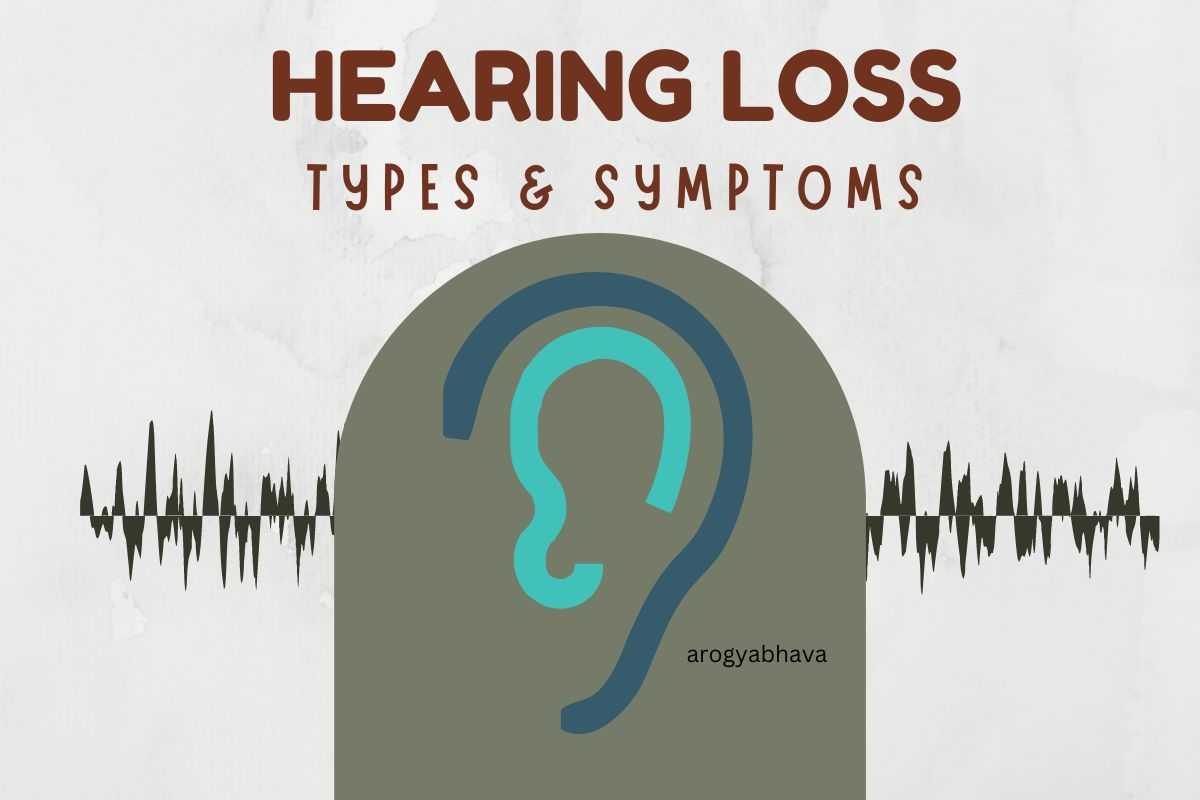Hearing Loss: Causes, Symptoms, and Types

Hearing loss or deafness is a common problem influenced by noise, aging, sickness, and genetics. For people with hearing loss, having conversations with friends and family can be difficult. Additionally, they may require assistance hearing doorbells and sirens, comprehending medical advice, and responding to warnings.
One in three adults between the ages of 65 and 74 have hearing loss, and nearly half of those over 75 have hearing issues. Some people, meanwhile, may be reluctant to admit they have hearing problems. Seniors with hearing issues may get depressed or retreat from social situations because they feel frustrated or embarrassed by their inability to follow discussions. Furthermore, hearing impairment in older people frequently results in the assumption that they are confused, unresponsive, or uncooperative.
Ignored or untreated hearing issues can deteriorate. Consult your doctor if you experience hearing problems. Some of the therapies that can be helpful include hearing aids, specialized instruction, specific medications, and surgery.
Hearing Loss Warning Signs
Some people are unaware that they have a hearing problem or we can say they are unaware of the hearing loss symptoms. If you can connect to any of the following:
- Having difficulties hearing on the phone
- having trouble keeping up with conversations when two or more individuals are speaking
- Ask folks to repeat themselves frequently.
- Need to make the TV so loud that other people complain
- Hearing issues as a result of background noise
- Believe that some people mutter
- Unable to comprehend what ladies and children are saying to you
Hearing Loss Types
Hearing loss comes in many different forms. There are many types of deafness, it might be mild, such as missing some high-pitched sounds like women’s and children’s voices, or severe, such as losing all hearing.
Hearing loss falls into two kinds in general:
- Harm to the hearing nerve or the internal ear causes sensorineural hearing loss. Typically, this type of hearing failure is irreversible.
- The incapacity of sound waves to penetrate the inner ear causes conductive hearing loss. The excessive buildup of Earwax, fluids in your ear, or a puncture in the eardrum could lead to ear damage. Typically, you can recover the conductive hearing loss with medical treatment or surgery.
Conclusion
Hearing is crucial to our health. It is one of our most important senses for interacting with others and the outside environment. As a result, it facilitates social interaction between us and our family and friends. We meet new people, engage in enjoyable activities, and develop new interests that keep us socially and physically active, depending on our hearing ability.
Hearing is significant since it is the basis for many facets of a healthy lifestyle. If neglected even more, minor forms of hearing loss can have a substantial impact on people’s everyday lives. By making sure we can hear. We may be more socially active, which lowers our risk of depression and social isolation. A further benefit of hearing is that it keeps our brains engaged, which has been linked to a lower risk of dementia.
Also Read: World Hearing Day: Date, Relevancy and Theme